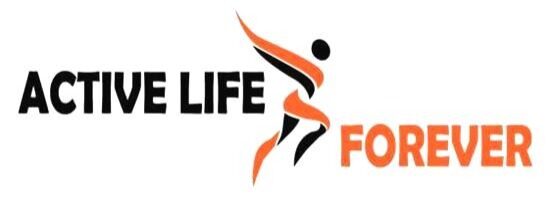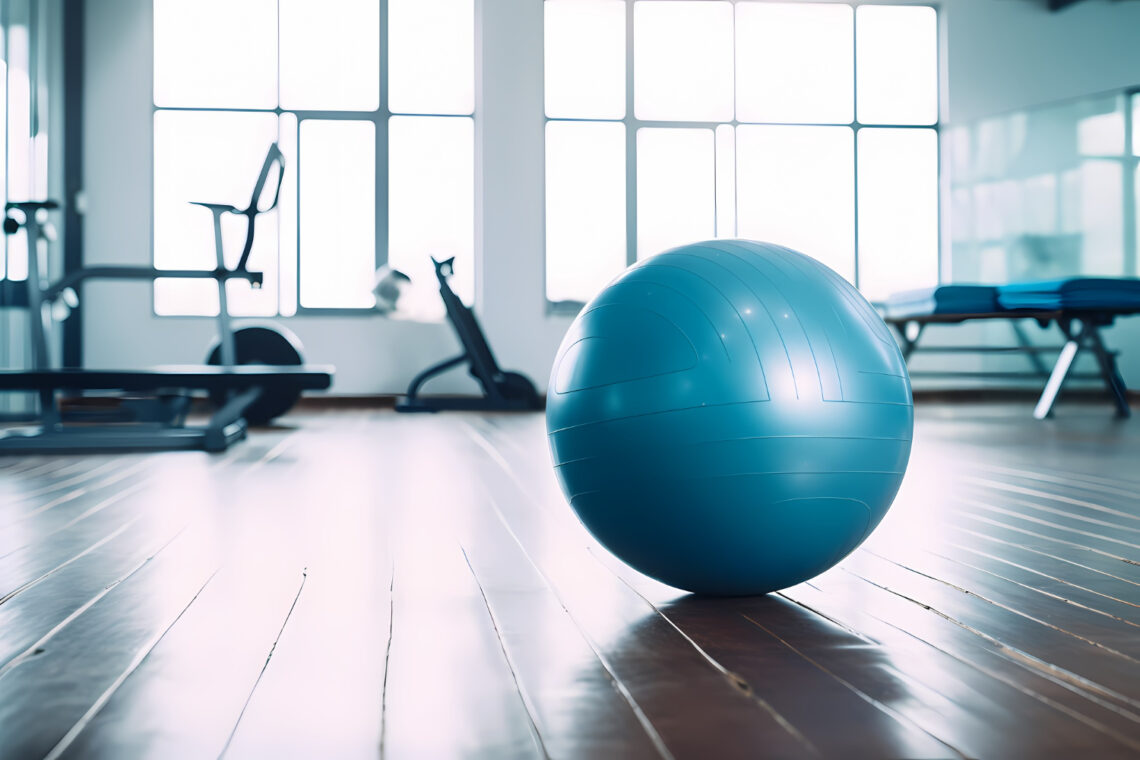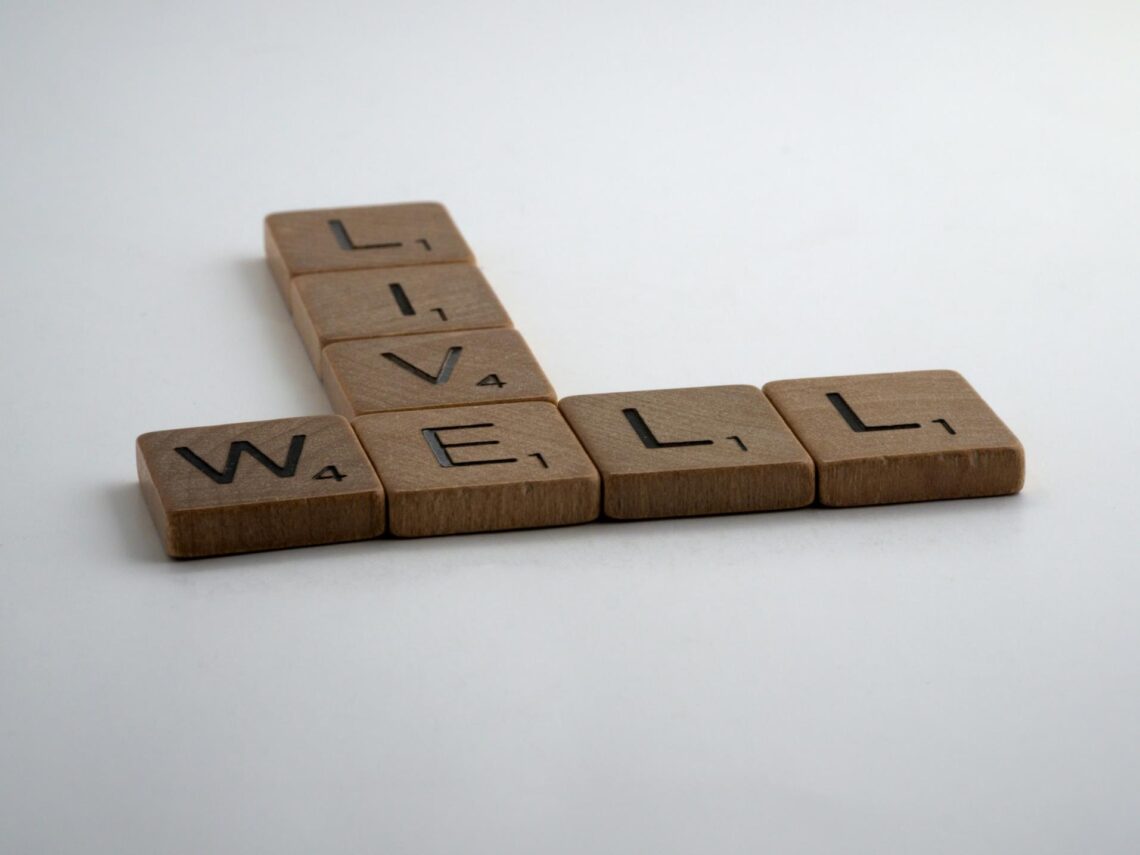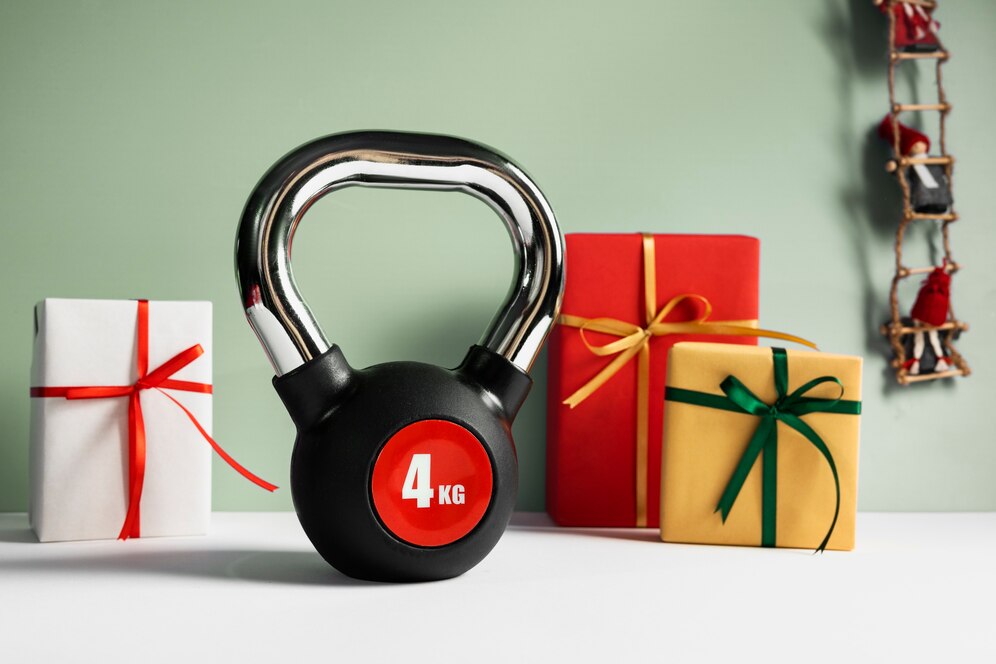As we are in the midst of a heatwave and with temperatures soaring to 36C (96F) in some parts of the country – while we all want to enjoy ourselves, we still need to keep fit and the hot weather is a good time for us to think about what we can do to keep fit and healthy when conditions are extreme.
Hydrate properly, before, during and after activity
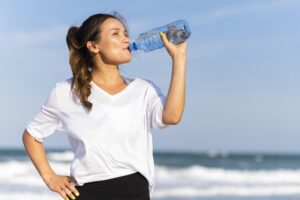
When exercising in the heat, it’s important to drink water before, during and after exercise.
Before: Drinking plenty of water before you start exercising will help prepare your body for the heat and prevent dehydration. It also helps avoid cramps if you tend to get them when you’re hot and sweaty.
- Drink at least 500ml (around 1 pint) of water within 2 hours before exercising in hot weather or doing any form of strenuous activity outside. This can be split into two drinks taken about half an hour apart, for example, one glass of water each half an hour before going out for a walk or run.
- If you are planning a longer session (e.g., going on a bike ride), then make sure that you have drunk enough beforehand so that your urine is clear and pale yellow in colour (not dark yellow). This means that your body has had time to replace any fluids lost through sweating – so no need to worry about getting dehydrated!
Avoid alcohol
Alcohol is a diuretic, which means it causes your body to excrete more water than it takes in. This can make you feel tired and sweaty later on down the line, so if you’re planning on having a few drinks post-workout, try sticking with just one or two and make sure they’re tall glasses of water with ice.
Another reason why drinking lots of water is good during the summer months is that alcohol lowers your body temperature and makes you feel less tired—which might sound like a good thing when the sun’s beating down on your head and you’ve got nowhere else to go.
Should you become feel drowsy during exercise isn’t ideal; it’ll slow down your heart rate and prevent you from pushing yourself as hard as possible when doing cardio exercises like running or cycling—meaning that even though alcohol makes us feel less thirsty when we drink it (in part because our bodies are absorbing more liquid), we still need plenty of H20 for exercising!
Stay in the shade and slow down
But, if you’re not feeling hot at all, don’t worry about it! It’s normal for your body temperature to rise during exercise. If you’ve started to sweat and feel overheated, slow down and take a break from exercising until you feel comfortable again.
If you are already sweating heavily or feeling dizzy and lightheaded, stop immediately and sit in a cooler place until your symptoms go away – such as drinking lots of water or sitting in some shade if possible (but don’t just lie down). If they persist or worsen seek medical attention.
Wear loose-fitting clothing
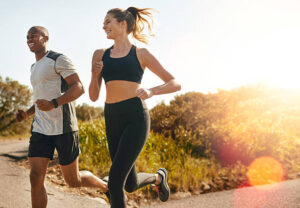
Wearing loose-fitting clothing can help you keep cool when the temperature rises. Loose clothes allow air to circulate around your body, which helps you stay cooler by keeping moisture from building up on your skin and trapping heat.
If you wear tight-fitting or synthetic materials, these can actually prevent sweat from evaporating and cooling your body.
Know the signs of heat stress
The first sign of heat exhaustion is usually fatigue and a general feeling of weakness. As this progress, you might experience nausea, vomiting, headache and dizziness.
Other symptoms include muscle cramps and a rapid heartbeat. If you feel any of these symptoms after exercising in the heat, it’s important to call for help immediately or take action yourself.
Heat stroke can occur if you’re unable to cool down properly after becoming dehydrated from sweating too much and drinking less than usual. This can lead to many problems including brain damage or even death within minutes without medical attention – so if you notice someone has been exercising in the sun for a while with no water on them (or they have been sweating excessively), make sure they sit down in some shade immediately and drink plenty of fluids until help arrives
Talk to your doctor before exercising in the heat
If you are taking medication that raises your risk of heat stroke (diuretic drugs, beta-blockers), or if you have heart disease, talk to your doctor before starting a new exercise programme. Your doctor may recommend reducing the intensity of your workouts or exercising in cooler conditions.
Your ability to sweat may also be affected by certain conditions such as cystic fibrosis or diabetes. If this is the case and you need to reduce exercise intensity during hot weather, speak with your doctor first so they can help tailor an appropriate training plan for you.
Consider your body size when exercising in hot weather
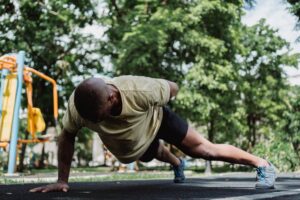
When it comes to exercise and the heat, your size matters, smaller people tend to be better at conserving water than bigger people so they need fewer fluids. But body size is not the only factor that affects how much water is lost through sweating.
- Bigger people sweat more overall but smaller people may lose more fluid per pound of bodyweight because they have higher surface areas for sweating and less subcutaneous fat.
- Both men and women have larger surface areas than men or women of similar weight, but men have less subcutaneous fat and are therefore better able to dissipate heat by convection (i.e., air currents).
- Another way that body size can affect how much water you need during exercise is by affecting how your body responds to dehydration – as mentioned earlier, the main organs involved in regulating hydration are the hypothalamus (which acts like a thermostat) and kidneys (which control fluid balance).
Final Thoughts
If you are planning on exercising, it is important to stay hydrated before, during and after your workout. It is also important to avoid alcohol as well as any other drinks that can dehydrate the body. Exercising in hot weather can cause you heatstroke if you do not keep yourself hydrated.
To prevent overheating when exercising:
- Wear loose-fitting clothing
- Drink plenty of water before exercise (1-2 litres) and throughout your training session
- Focus on what you are doing at the time – don’t try too hard or push yourself too far beyond your limits – just enjoy yourself! If you feel dizzy or faint then stop immediately and rest
If you’re getting ready for a long hot summer, it’s time to start planning your fitness routine.
Remember, should you or your training partner think they might be suffering from heatstroke then call 999 right away.
There are many ways to stay fit in the heat, but one thing is certain: cooling down and staying hydrated are key.
